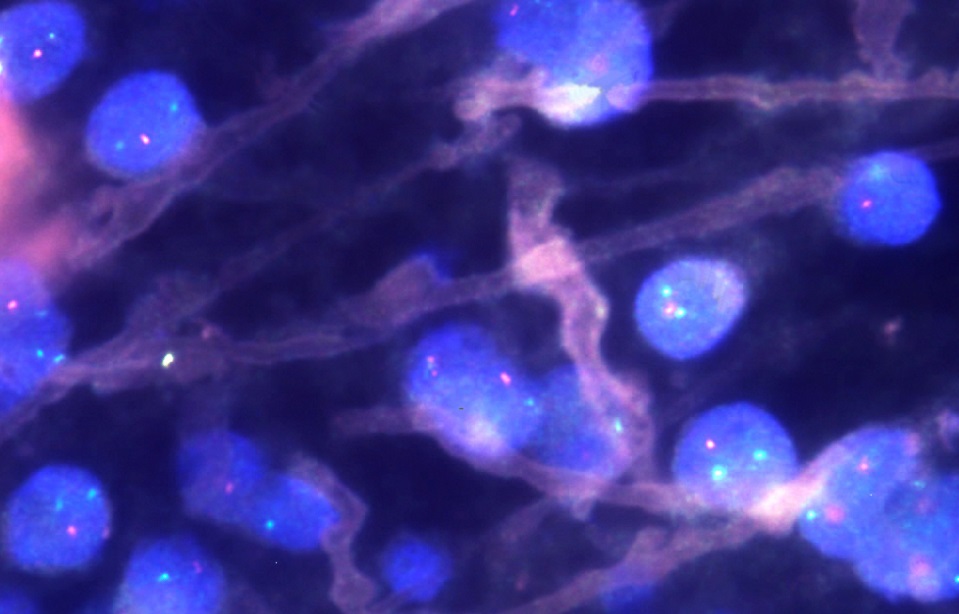
Brain UK study ref: 15/006,
Lay summary,
Project status: Active
Identifying Circulating Tumour Cells in the Blood: An Analysis of their Diagnostic and Prognostic Significance in Correlation with Biopsy Findings
Miss Williams and Dr Kathreena Kurian, University of Bristol
Approximately 7,000 patients in the UK develop primary brain tumours every year, and there are many more that develop metastases within the brain such as lung cancer, breast cancer and lymphoma. Only 10% of adult brain tumour patients are alive 5 years after diagnosis: Therefore, there is an urgent need to improve clinical outcome. Current treatment includes reducing the size of tumour by surgery, chemotherapy and monitoring for tumour regrowth via repeated imaging, which is costly and relatively insensitive.
There is good evidence in other malignancies such as breast, colorectal and prostate cancer that Circulating Tumour Cells (CTCs) can be detected in the blood and that this correlates with the presence of metastatic disease elsewhere in the body. CTCs are cells that have been shed from a tumour into the bloodstream, and which can act as ‘seeds’ for tumour growth elsewhere in the body.
If successful, my project will enable those suffering with brain tumours to have their disease progression monitored using blood samples instead of repeat surgery, which can lead to increased morbidity. It could also allow for early detection of relapse. Once the CTCs have been identified within the blood of brain tumour patients they will be analysed for any genetic changes.
We will then explore whether our findings from our investigations on CTCs can also be seen in unlinked archival tumour tissue in the hope that it will provide us with a better understanding of tumour resistance to current therapies and may help us to find potential new therapies.
